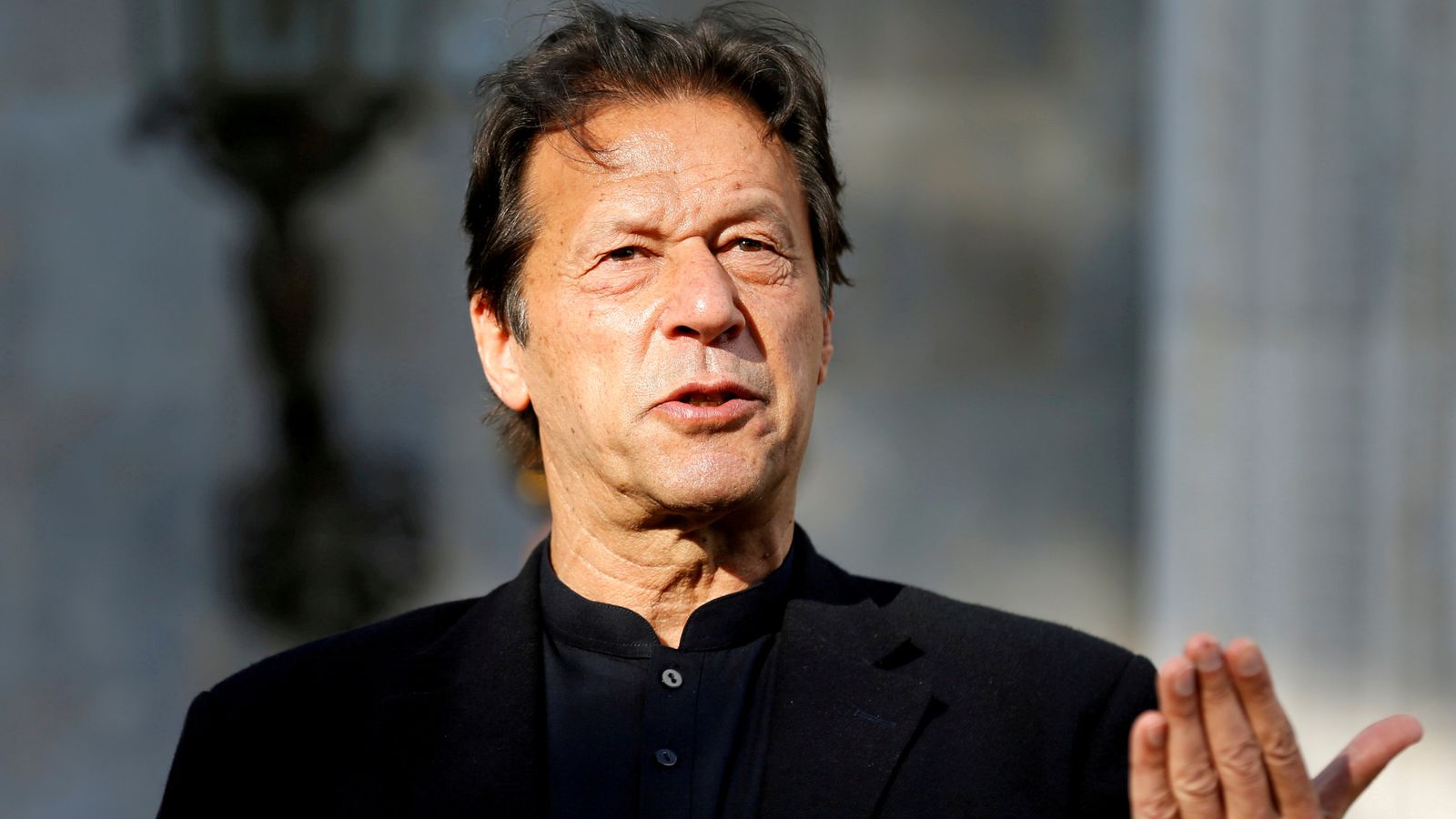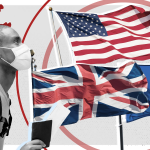Pakistan’s prime minister has sparked anger after he appeared to blame how some women dress for a rise in rape cases in his country.
Former cricketer Imran Khan made the remarks during a question and answer session with the public on Sunday.
According to reports, a caller asked what the government is doing about a rise in sexual violence in Pakistan, particularly against children.
Mr Khan hit out at what he called “vulgarity” in societies around the world, saying: “World history tells when you increase fahashi (vulgarity) in society, two things happen: sex crimes increase and the family system breaks down.”
He added: “This entire concept of purdah (covering up or segregating) is to avoid temptation, not everyone has the willpower to avoid it.”
Mr Khan said while his government will introduce legislation to protect women from attacks, it’s up to the whole of society to help by preserving modesty.
His comments have caused outrage among a number of groups.
The Human Rights Commission of Pakistan, an independent rights watchdog, said it was “appalled”.
“Not only does this betray a baffling ignorance of where, why and how rape occurs, but it also lays the blame on rape survivors, who, as the government must know, can range from young children to victims of honour crimes,” it said.
Rape is perpetrated by rapists and it's culture is strengthened by rape apologists. PM @ImranKhanPTI must apologize for this callous and damaging remarks and desist from blaming the victims .
Read full statement of condemnation here :https://t.co/GoQsgmgkHP pic.twitter.com/MrFoBRR5QL
“This is unacceptable behaviour on the part of a public leader,” the watchdog’s statement added.
“We demand an immediate apology and renewed commitment on the government’s part to tackling rape as it should – as an act of violence, of power.”
Subscribe to the Daily podcast on Apple Podcasts, Google Podcasts, Spotify, Spreaker
Last month, two men were sentenced to death for raping a woman in front of her children on the side of a motorway after her car ran out of fuel near Lahore.
Abid Malhi and Shafqat Hussain were also sentenced to 14 years’ imprisonment, time that must be served before any executions can take place, a judge said.
The sentence was seen as a key landmark in Pakistan, where many rapes remain unpunished, but many death sentences are later commuted to life imprisonment.






















